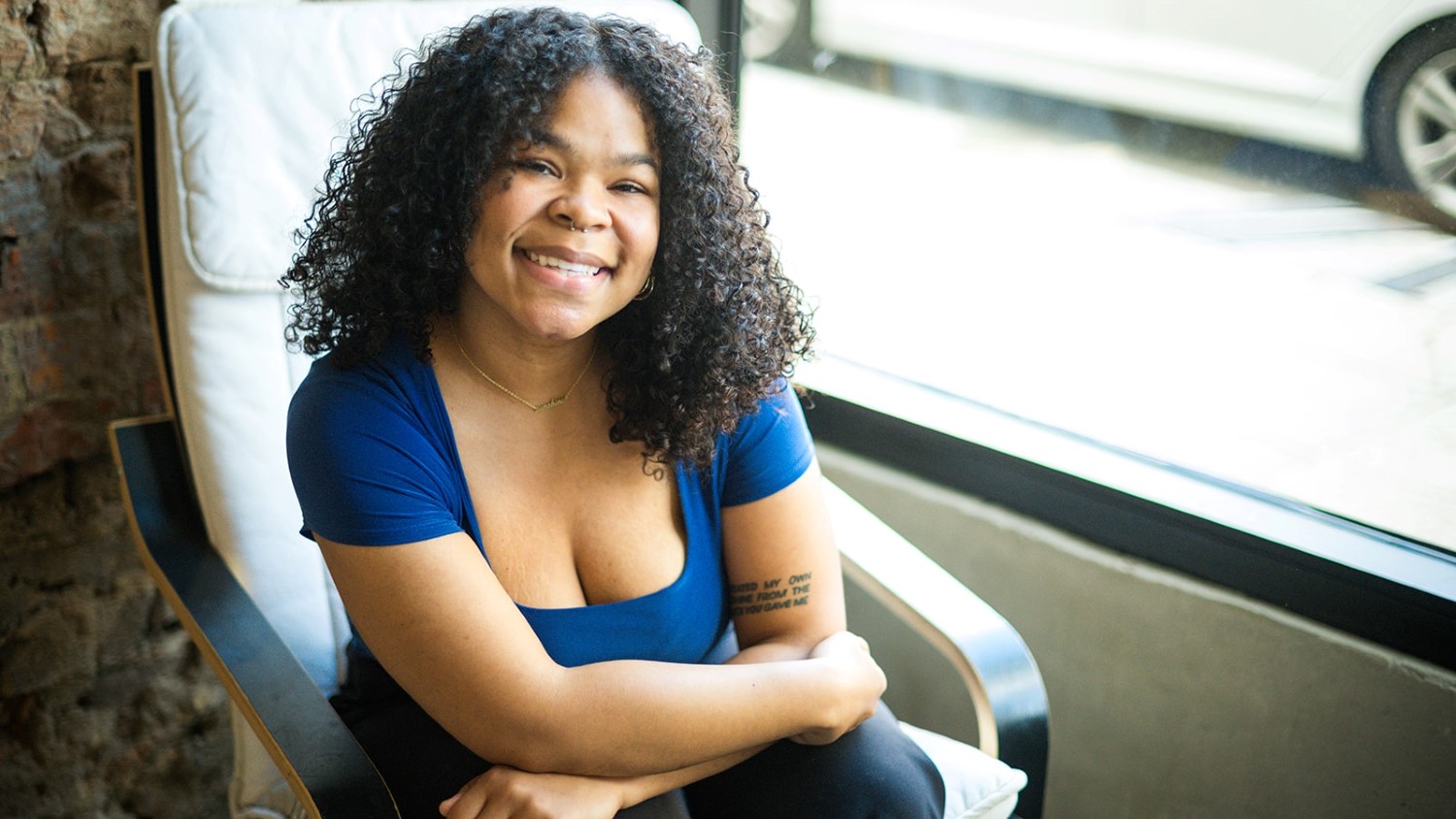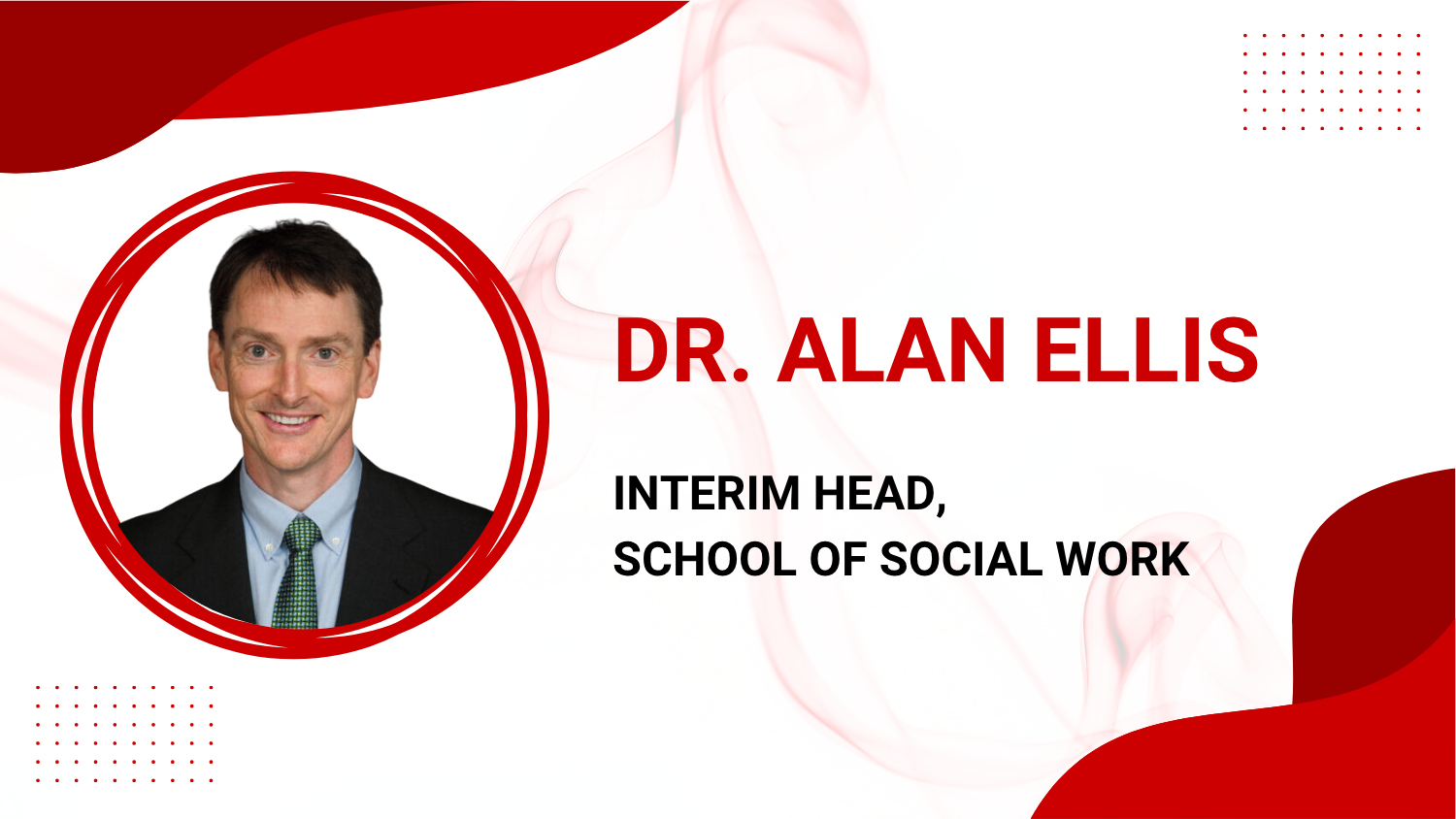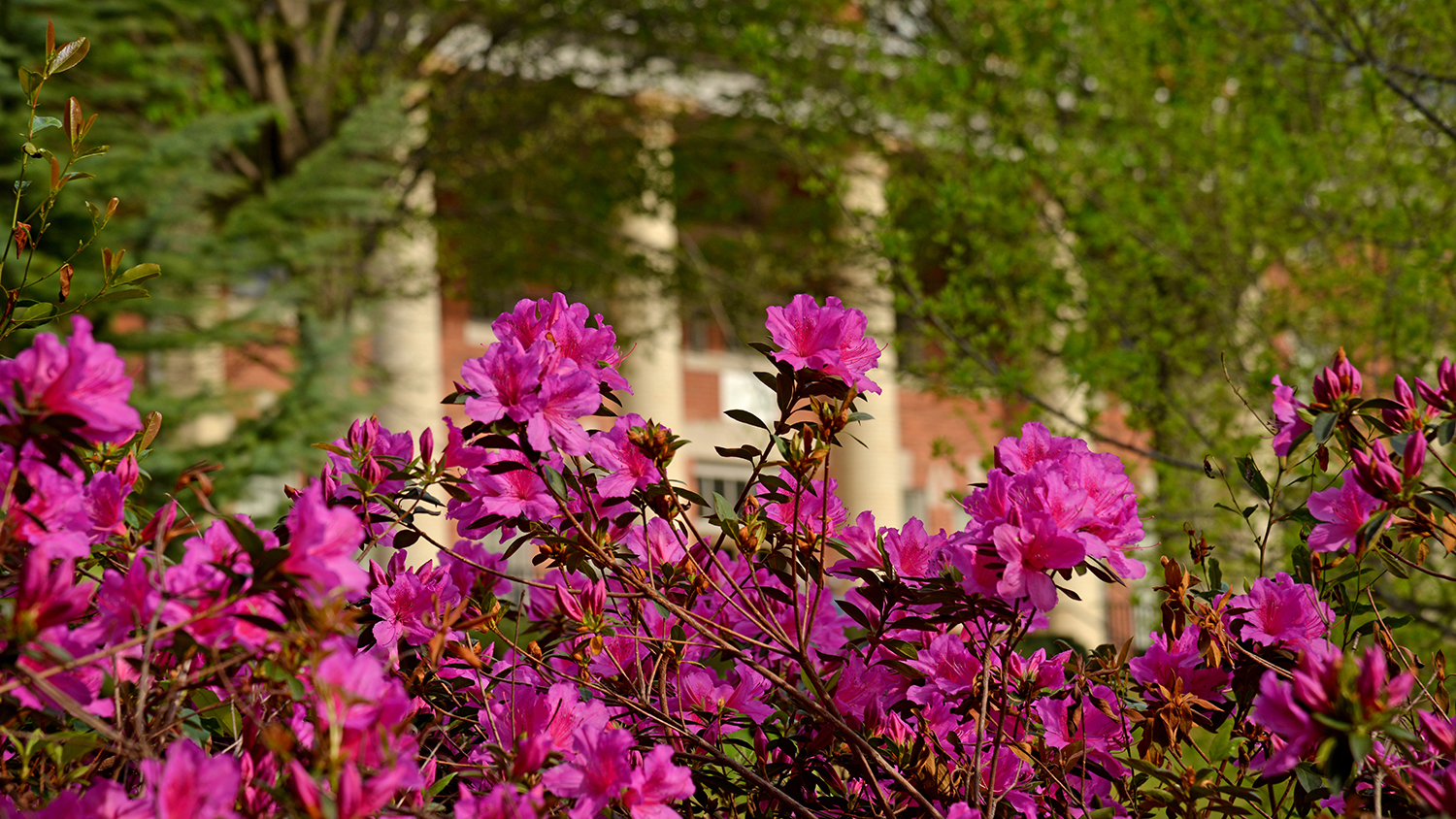Bachelor of Social Work at NC State Field Experience: A Conversation with Professor Barbara Zelter
In early April, BSW Field Instructor Barbara Zelter, was kind enough to answer some questions about her role as a BSW field instructor:
Can you speak to the value of field experience in a BSW education?
As with the MSW program, field is considered the “signature pedagogy” by the Council on Social Work Education. It’s where the rubber hits the road as students develop self-awareness, skills, and understanding of the world of practice in the wide world of social work service. BSW Field comes as a block placement for 420 hours in one semester, which averages four full days each week in the agency. This approximates a normal paid work week, and for some students it is where the realities of adult professional life smacks them in the face. Many students say they have “lots of work and I have no clue what I am doing yet! My agency is going through a lot of changes, and then there are all those odd personalities to deal with! Sometimes I don’t know what to do and I am afraid to bother my supervisor with every single detail.” Most BSW students have been in the workplace already, but internships are different–they now are professionals. It is very different to be a case manager than to serve hot wings.
What are some of the most exciting things happening in BSW field placements right now?
I think the most exciting thing regarding BSW field has to do less with the placements but with the field program here in the department. Earlier, the BSW and MSW field programs were functionally pretty separate. As of this year, with Dr. Jodi Hall as Field Director, Kim Andreaus as MSW Field Coordinator, and myself as BSW Field Coordinator, the two programs are beginning a new level of coordination. We have plans for intensive trainings for Field Instructors and students in the Prep for Field course. We will be upgrading agency-search web processes and other formats to be more user-friendly. We want to build on the broad range of field placement sites that was built over the years, and will keep our ears to the ground, to always look for the “next good thing” in bolstering the programs. This of course has to occur in a continuing atmosphere of legislative budget cuts to the state university system, the usual “do more with less” squeeze that many of us face. As to actual field sites, we are opening up a new BSW (also MSW) placement with Roger Callanan at the Ombuds Services office on campus–this is a great learning opportunity from a seasoned student services provider, and close by for on-campus students. We have also created summer and regular-term placements at the American Red Cross and these placements have a great variety of tasks, including disaster management call intake. We open up new internships on an ongoing basis, and hope to find ways to make all these options clear to all students.
Do you find BSW students using their experiences from field to inform their conversations with other students inside the classroom?
Hmm, I am not really privy to their student-to-student conversations and am a Facebook derelict. I can speak to their conversations in weekly Field Seminar, three hours each Friday morning. They educate one another about what it is like to be in their various fields–child welfare, LGBTQ rights advocacy, assisted living, and the rest. They hear from one another about their particular challenges and delights, and then can patch together a new sense and vision about the limitless range of social work employment options. They help each other discern if they may want to change direction based on what they learn in field. Just as with MSWs, the internship can be very clarifying: “I really want to stay in this field”, or, “I never want to do this again!” Without the hands-on practice in field, students would be far less connected to the lived realities of their chosen major.
What does the future of field placements for BSW students?
CSWE demands that field placements for BSWs are more in the direct service area, and not in purely administrative, policy, research, or community organizing (macro) areas. That focus will remain. I personally would like to see the macro option open to some students in the BSW program, as we have more and more transfers from community college and older students, who often come with an extensive skill set and work history already. These folks can handle any kind of internship and need a big challenge commensurate with their talents. Some have already owned businesses, for instance. We always try to customize internship matches, and the balance between service and advocacy/organizing/administration for mature BSW students is an area I want to explore further.
Is there anything that I’m overlooking that you would like to feel is important about the BSW field experience?
As Dr. Hall rightly repeats, BSW students who enter field are fully educated social workers, having completed all of their undergraduate course work before their block placement occurs. So these students are well trained from the get go. Sometimes people assume MSW students may be more qualified for field than BSWs. However, traditional 2-year MSW students like I was, with my English major from 20 years earlier, hit Day 1 in field as they are cracking the first social work class material. So counter-intuitively, perhaps, the undergrads are at a much higher level of social work training than are new MSW students, who are in field concurrently with their studies in class. (It’s certainly not a competition, but we like to acknowledge how proud we are of our BSW interns.) This is my first year as BSW Field Coordinator, and the overwhelmingly positive remarks I hear from most Field Instructors about our students is most gratifying. In the area of community partnerships, this past year we developed a partnership with Shaw University’s Department of Social Work for our January Volunteer Fair. This is a partnership I hope to devote more energy to develop. As to our department structure, after a year without a full-time BSW Program Director following the retirement of long-time program director Linda Williams, we will be welcoming this summer Dr. Kim Stansbury as the new BSW Program Director; she will be moving from the west coast to join us. Dr. Stansbury is highly energetic and positive, and I very much look forward to having her next door to me in the 1911 Building as we continue to make the BSW program as rigorous, relevant, and responsive to students and community needs as possible.
Written by Jason Tuell.
- Categories:


